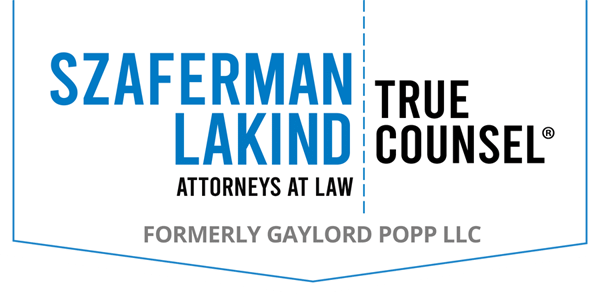There is a famous question about what happens when a tree falls in an empty forest. But there are a few more questions that arise when a tree falls on someone’s personal property.
There is a currently ongoing case here in New Jersey surrounding a property owner that cut down over two hundred trees that, unbeknownst to him, were actually sitting on a neighbor’s land. The dividing line between the two properties was on a hill that, according to the defendant in this case, made it difficult to ascertain exactly where one plot ended and the other began. He is now facing 10 years in jail, not to mention the $1 million in damages.
But the thorny legal issues that arise when a tree falls aren’t limited to property damage.
Put succinctly by a recent and detailed article by The American Surveyor (a newsletter by and for the real estate surveying industry) on the subject, “what are the tree owners’ responsibilities for personal injury and property damage caused by his tree?”
Historically, according to the article (found here: http://www.amerisurv.com/content/view/11051/), courts often viewed rural and urban property quite differently. A rural tree owner’s liability was limited, if not nonexistent, while only the urban tree owner was held to the familiar “duty of care” we see so often in negligence cases. Apparently, however, this is changing. Recent cases point to the disappearance of this dichotomy.
“If a tree is obviously rotting or dead, the tree owner probably will be held responsible,” the article states. “Nearly universally, much like proving negligence in the case of a surveyor, the tree owner will be held to a duty of care or the duty of common prudence. Under similar circumstances, what would the average and prudent land owner do?”
These legal principles might seem simple at first, but the law can be as complicated and winding as the roots of an old tree. Even The American Surveyor is emphatic: “The necessity of hiring an attorney cannot be stressed enough.”

